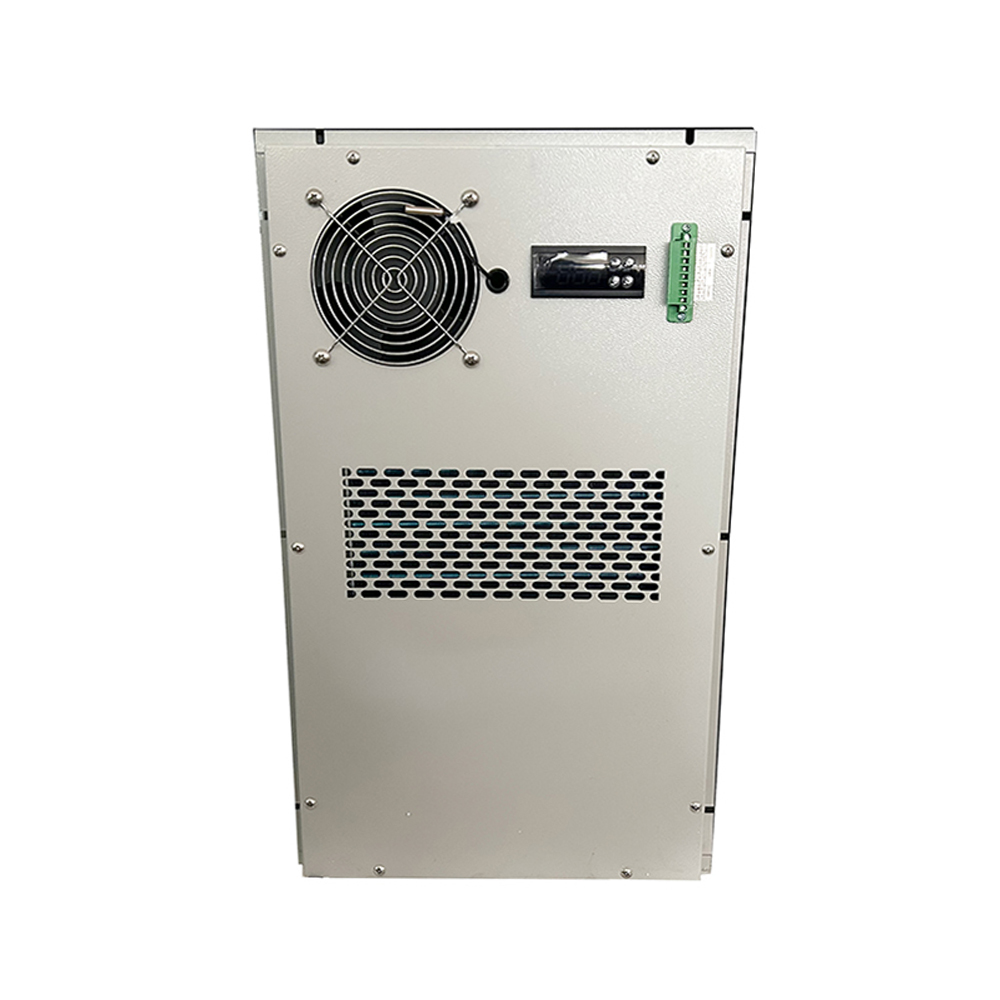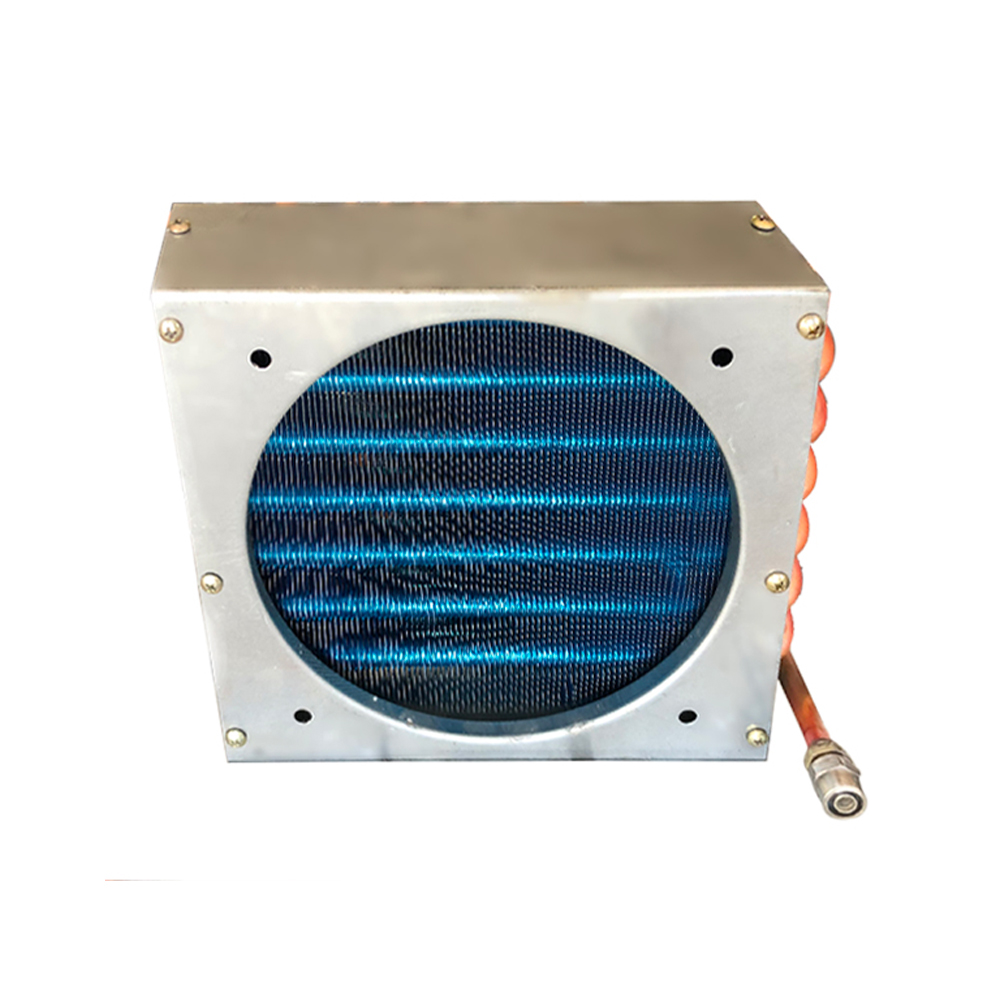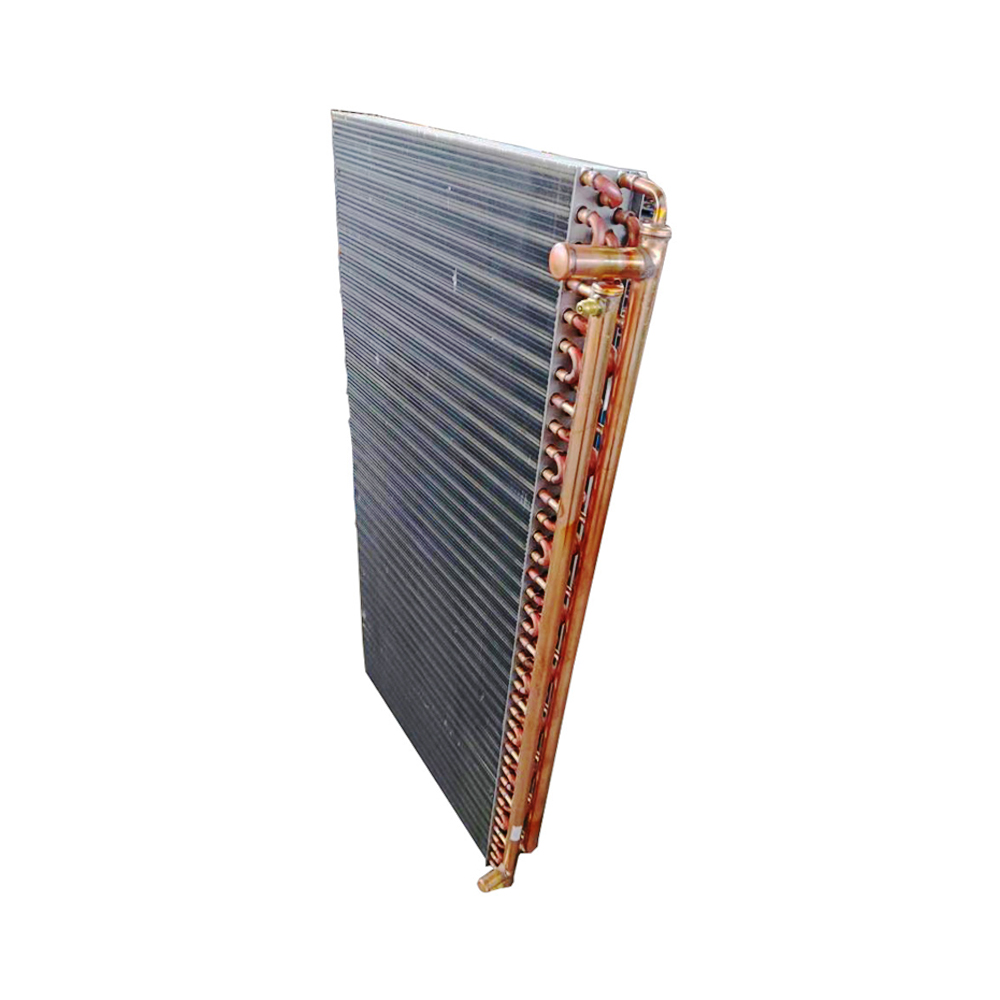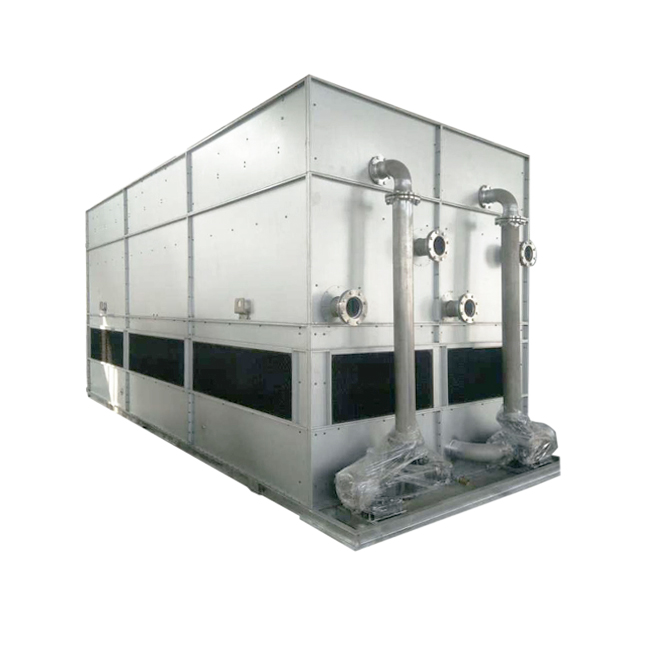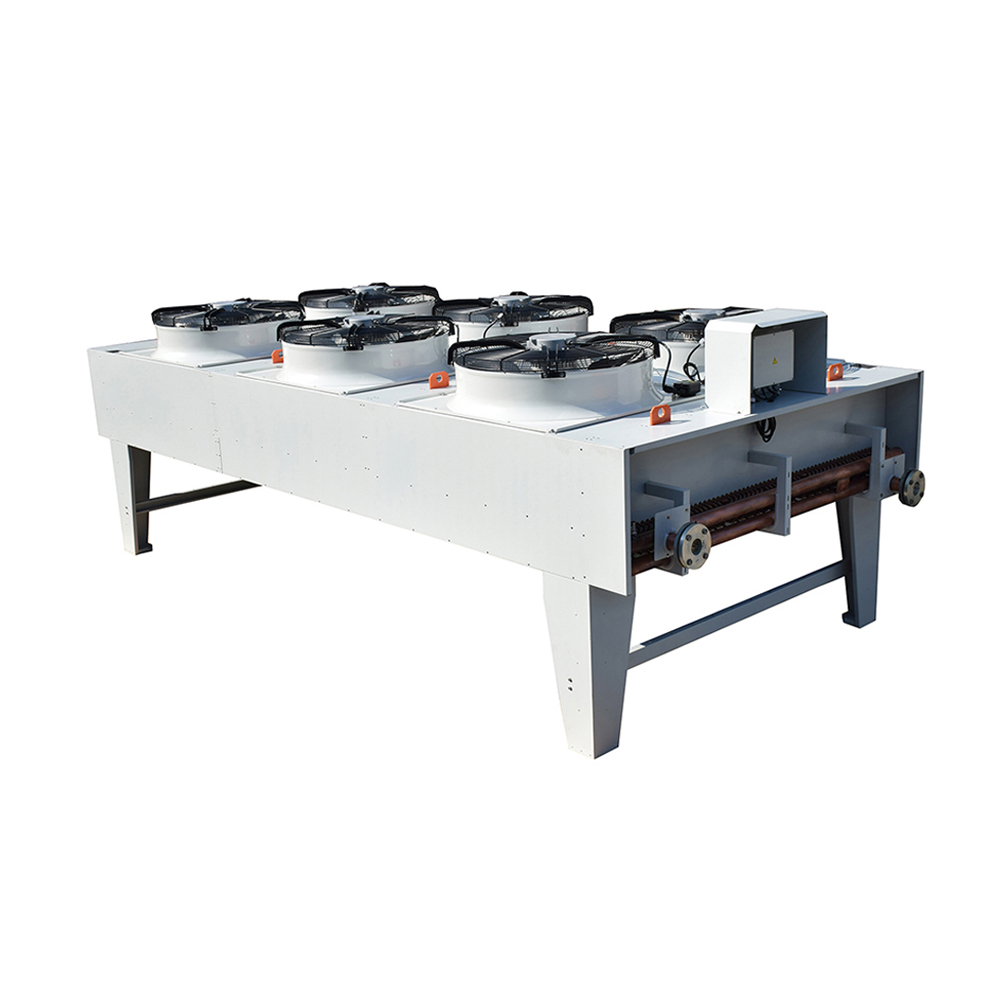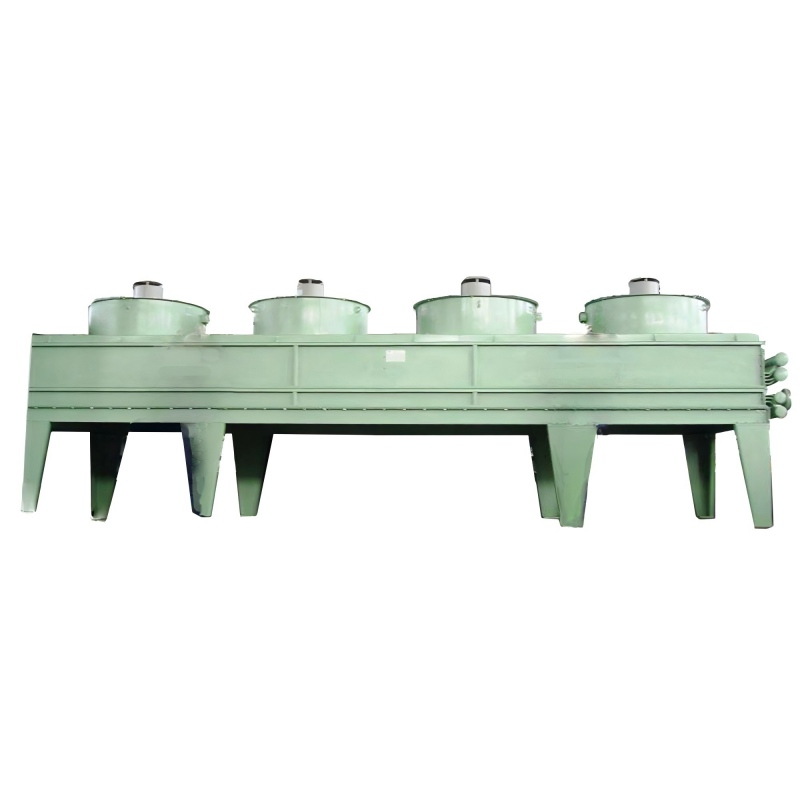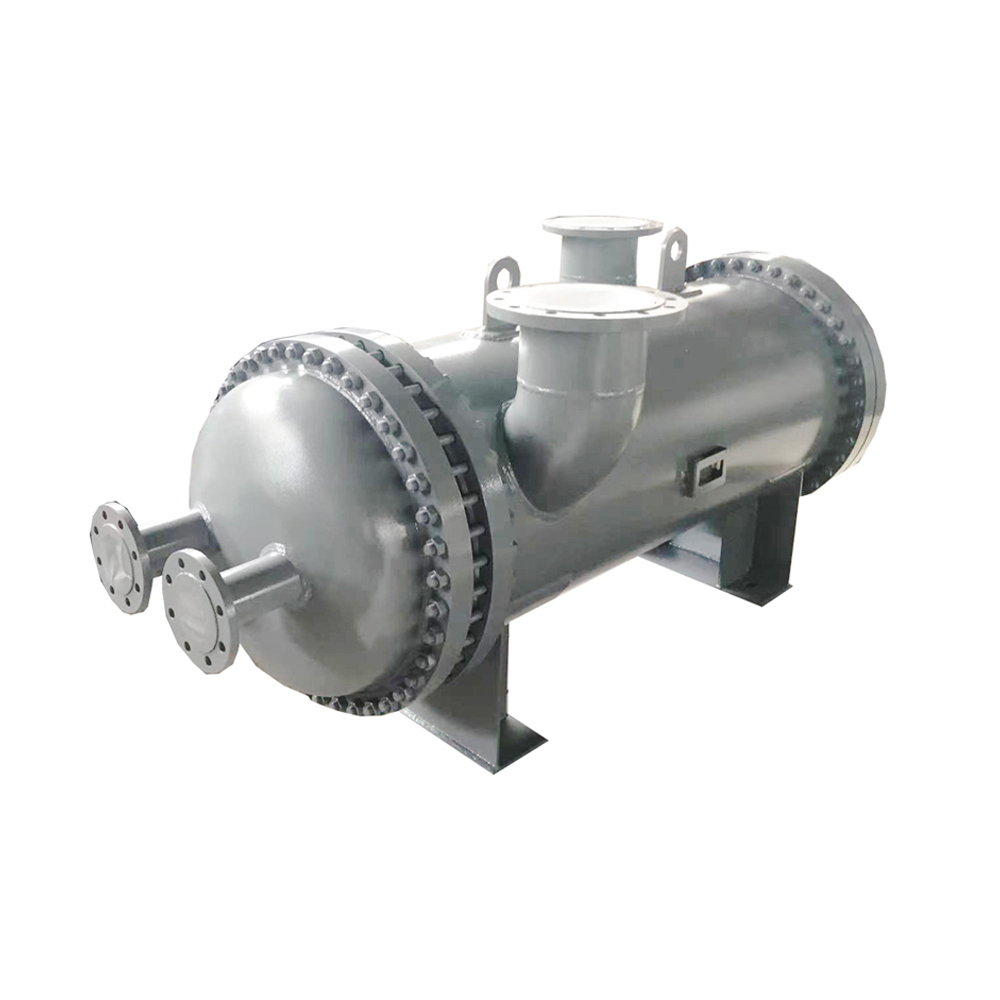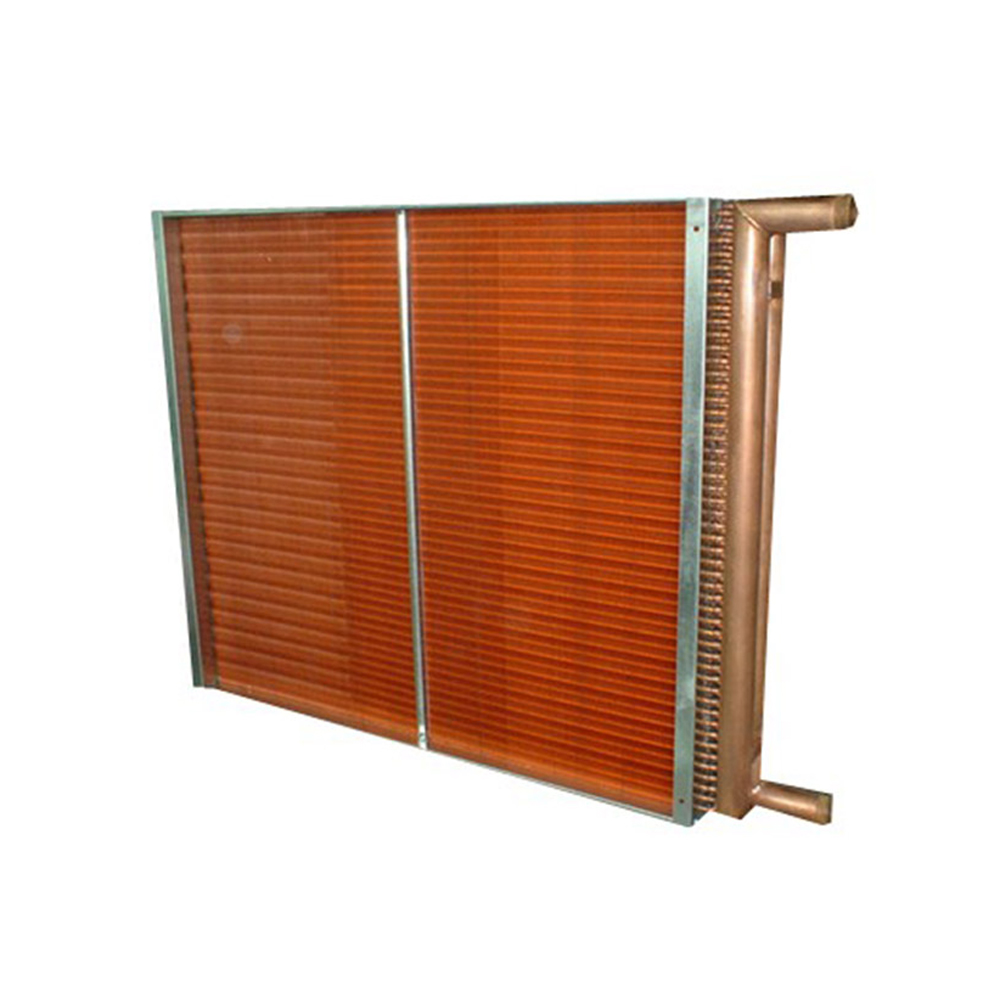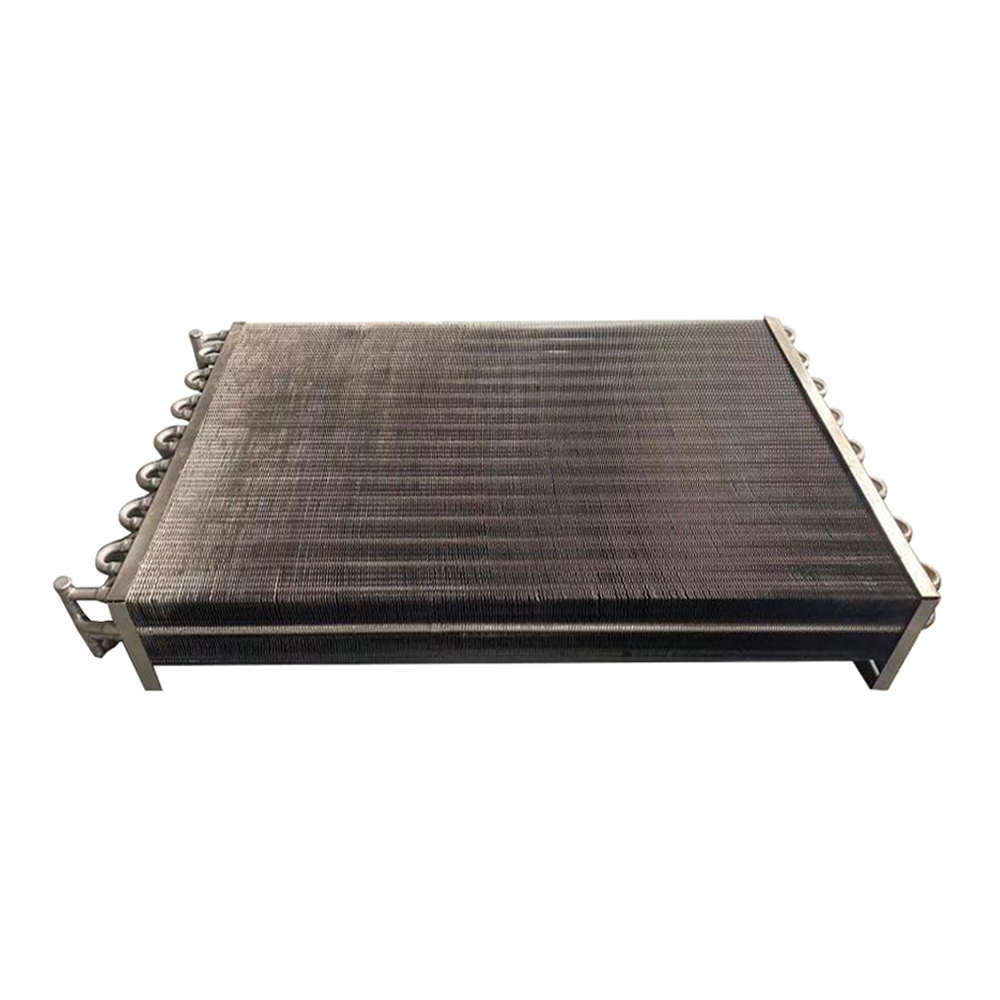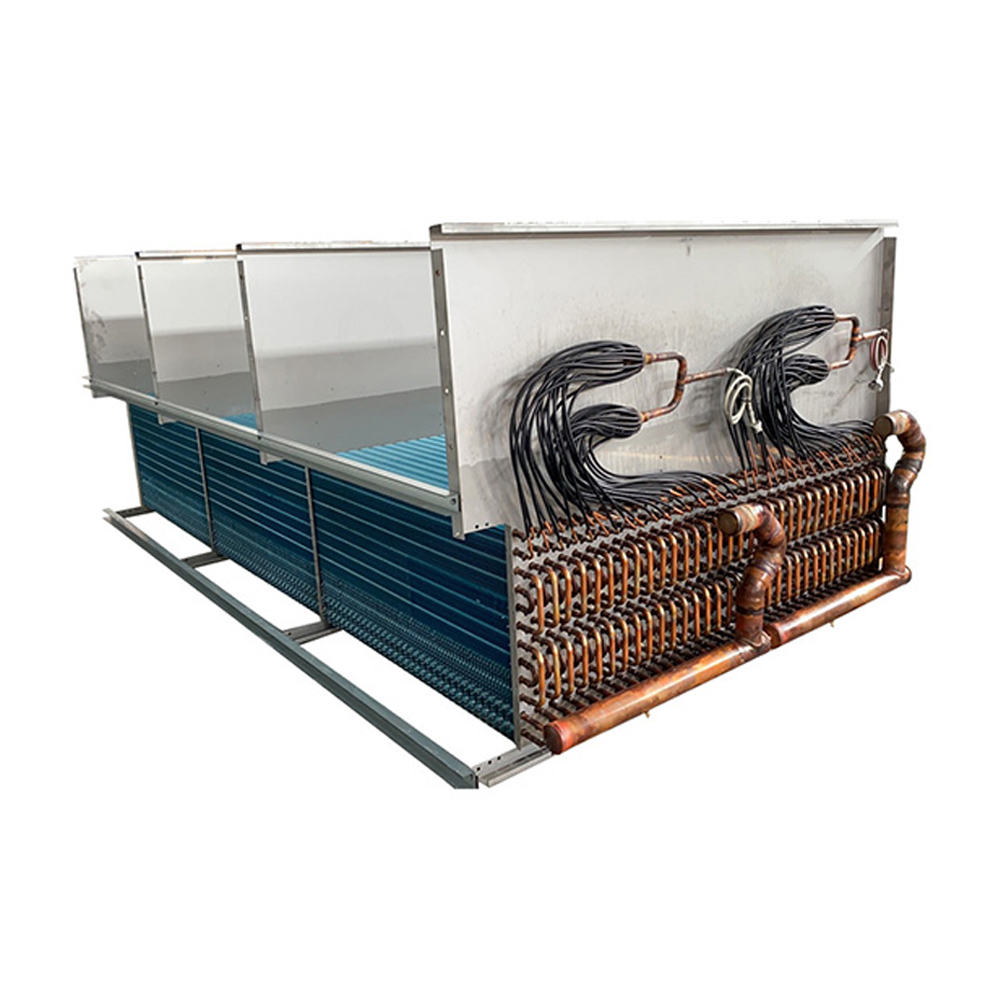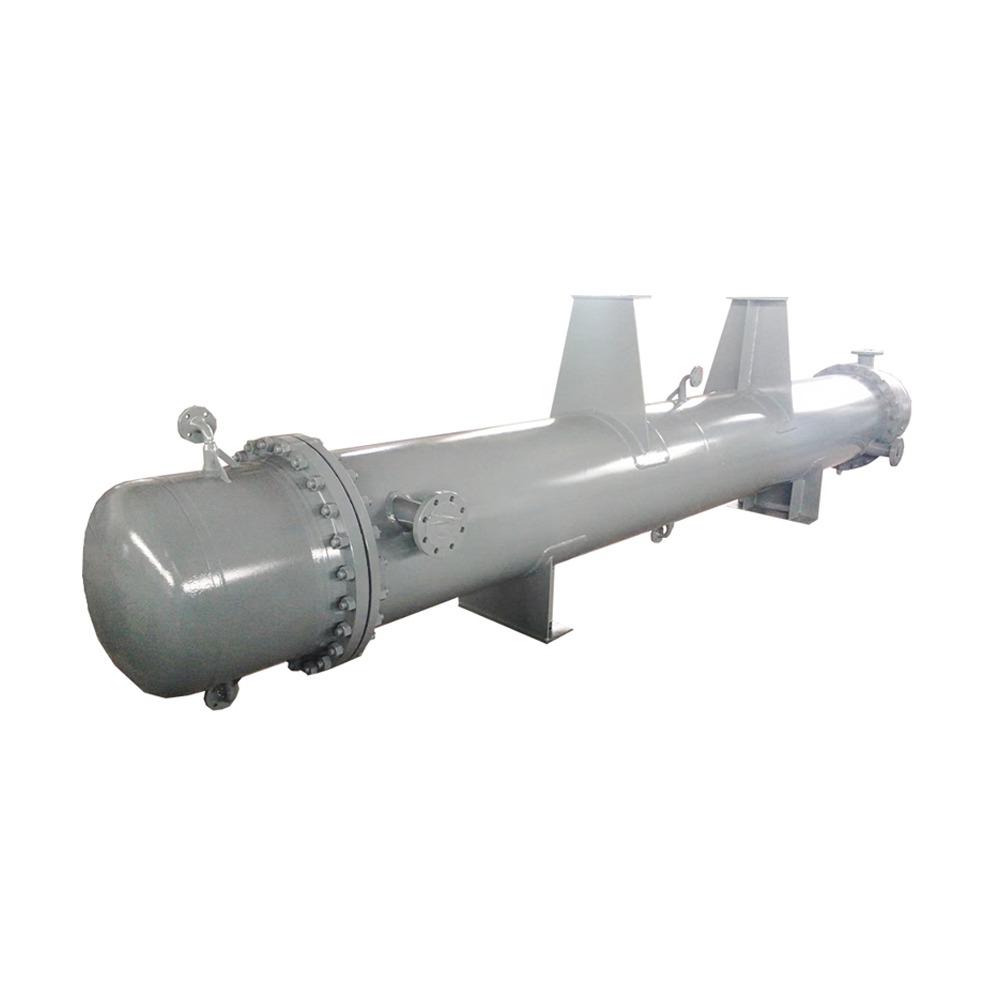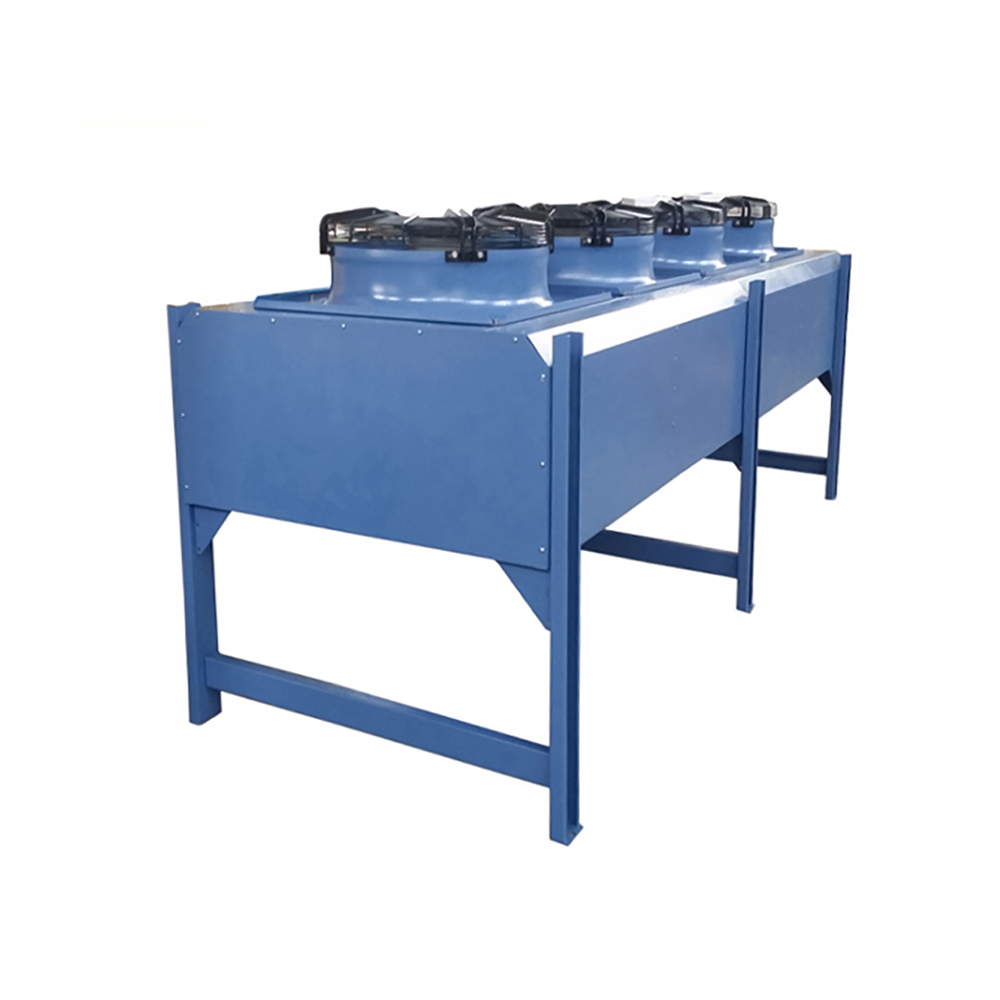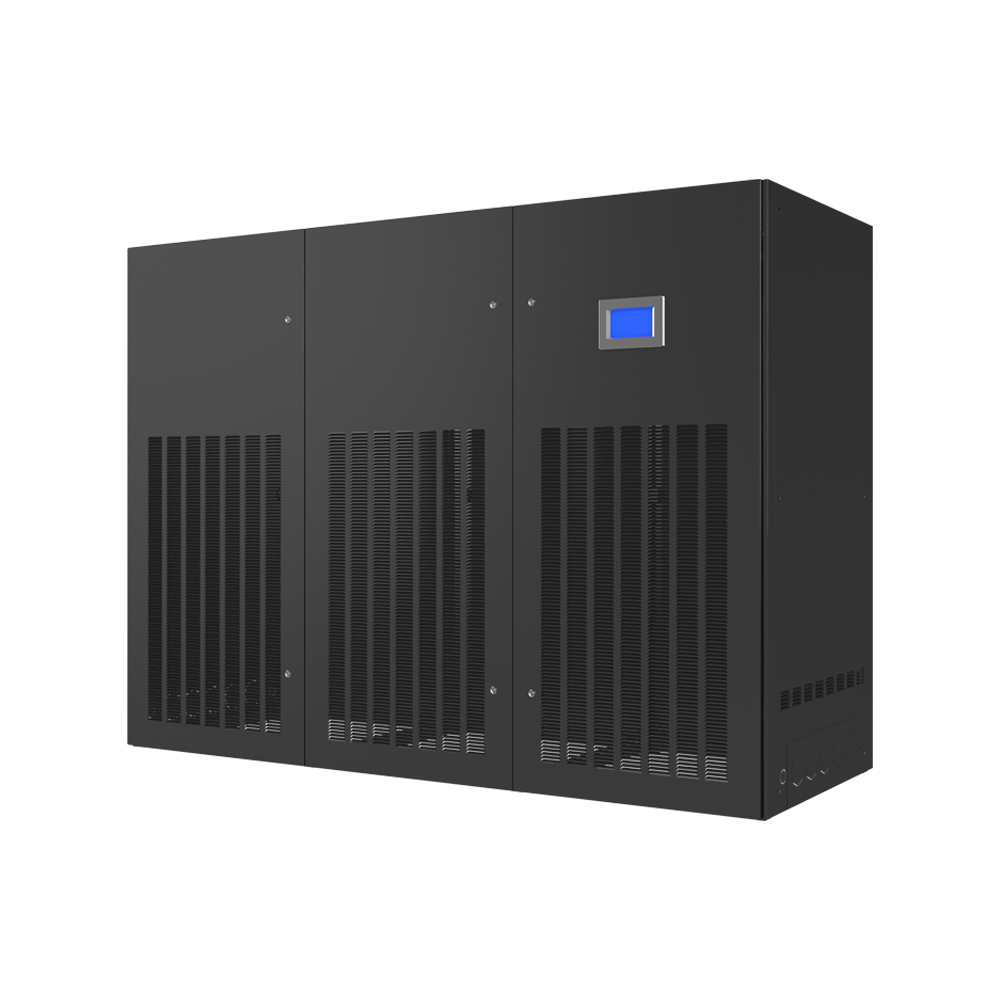OEM Evaporator Coils for HVAC Systems: A Comprehensive GuideUnderstanding the nuances of OEM evaporator coils HVAC systems is crucial for ensuring optimal performance and longevity. This guide provides a detailed overview, covering selection, installation, maintenance, and troubleshooting. We’ll explore different types, key specifications, and considerations for various HVAC applications.
Choosing the Right OEM Evaporator Coil
Selecting the appropriate
OEM evaporator coil is paramount for efficient cooling. Several factors influence this decision, including:
Capacity and Sizing
The cooling capacity of your system, measured in tons (or BTUs), directly impacts the size of the evaporator coil needed. An undersized coil will struggle to remove sufficient heat, leading to poor performance and potential damage. Conversely, an oversized coil may lead to inefficient operation and increased energy costs. Accurate load calculations are essential, often performed by HVAC professionals. Always refer to the manufacturer's specifications for compatibility. Consider the specific climate and building characteristics to ensure optimal sizing.
Refrigerant Type and Compatibility
The
OEM evaporator coil must be compatible with the refrigerant used in your HVAC system. Different refrigerants have varying properties, and using an incompatible coil can result in leaks, reduced efficiency, and safety hazards. Always verify compatibility with the manufacturer’s data sheet. For example, a coil designed for R-410A will not work with R-22.
Material and Construction
OEM evaporator coils are typically constructed from copper or aluminum. Copper offers superior heat transfer properties but is more expensive. Aluminum is a cost-effective alternative, often used in residential applications. The coil's fin design also impacts efficiency. Higher fin density generally leads to better heat transfer but can also increase air resistance. The construction of the coil should also consider corrosion resistance and durability. Some coils feature protective coatings to extend their lifespan.
Airflow and Pressure Drop
The airflow across the coil significantly affects its performance. Insufficient airflow reduces heat transfer efficiency, while excessive airflow can lead to increased noise and energy consumption. The coil's pressure drop should be carefully considered to ensure proper system operation. This data is usually provided by the manufacturer in their specifications.
Installation and Maintenance
Proper installation and regular maintenance are critical for maximizing the lifespan and efficiency of your
OEM evaporator coil.
Professional Installation
It is strongly recommended that
OEM evaporator coil installation be handled by qualified HVAC technicians. Incorrect installation can lead to leaks, reduced efficiency, and potential safety hazards. Professional installation ensures the coil is correctly connected to the system and properly secured.
Regular Maintenance
Regular maintenance, including cleaning and inspection, extends the coil’s life and improves efficiency. Dirt and debris accumulation on the coil’s fins reduces heat transfer. Regular cleaning, ideally annually, should be performed. Inspection for leaks, corrosion, and damage is also crucial.
Troubleshooting Common Issues
Despite proper installation and maintenance, problems may arise.
Reduced Cooling Capacity
Reduced cooling capacity can result from several factors, including dirty fins, refrigerant leaks, or airflow restrictions. Inspecting the coil for dirt and debris, checking refrigerant levels, and verifying airflow are essential troubleshooting steps.
Frozen Coil
A frozen coil typically indicates a problem with airflow, refrigerant charge, or a malfunctioning component. Addressing these issues requires professional assistance. A frozen coil can cause significant damage if left unresolved.
Finding the Right OEM Evaporator Coil Supplier
When sourcing
OEM evaporator coils, it’s vital to partner with a reliable supplier. Look for a company with a proven track record, a wide selection of coils, and excellent customer service. Consider suppliers with expertise in various HVAC applications and a commitment to quality.
| Feature | Copper Coil | Aluminum Coil |
| Heat Transfer Efficiency | Excellent | Good |
| Cost | High | Low |
| Corrosion Resistance | Excellent | Good (often requires coating) |
For high-quality
OEM evaporator coils and expert HVAC solutions, explore the offerings at
Shanghai SHENGLIN M&E Technology Co.,Ltd. They provide a wide range of options for various applications.(Note: This information is for general guidance only. Always consult with qualified HVAC professionals for specific applications and installations.)









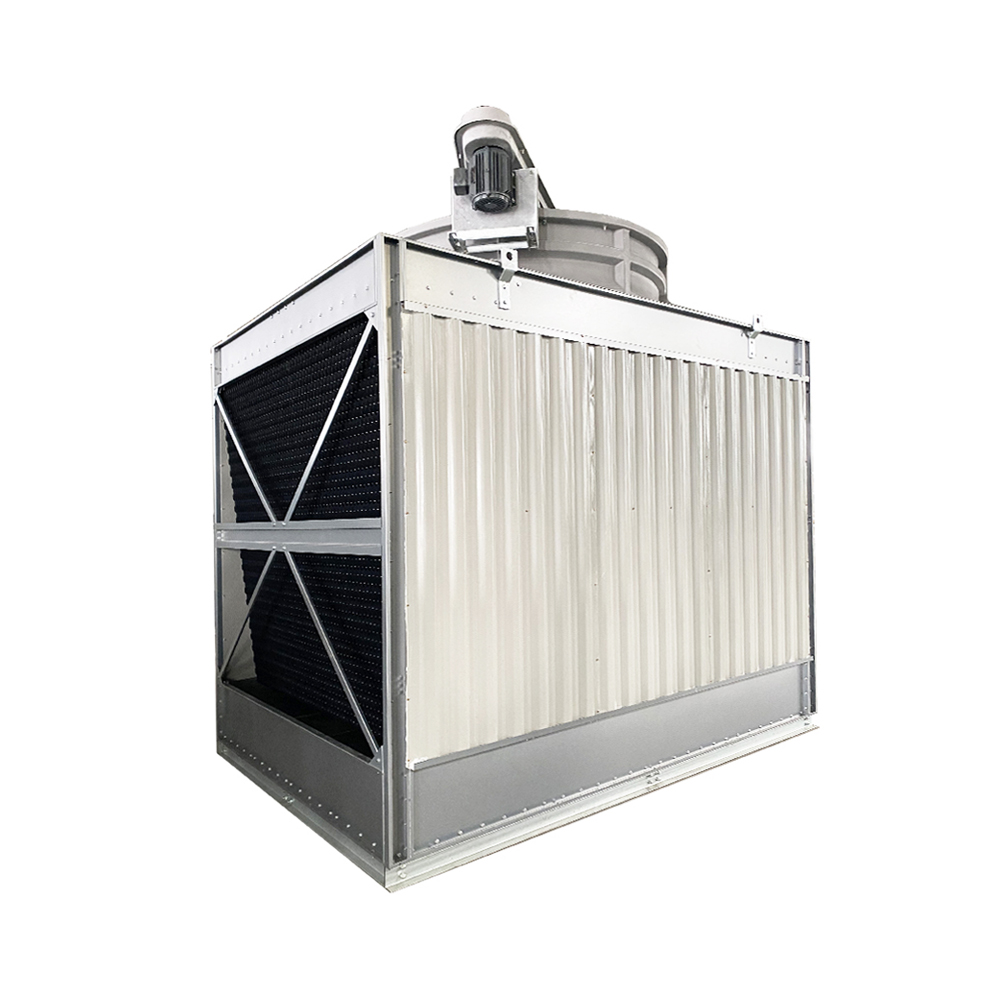
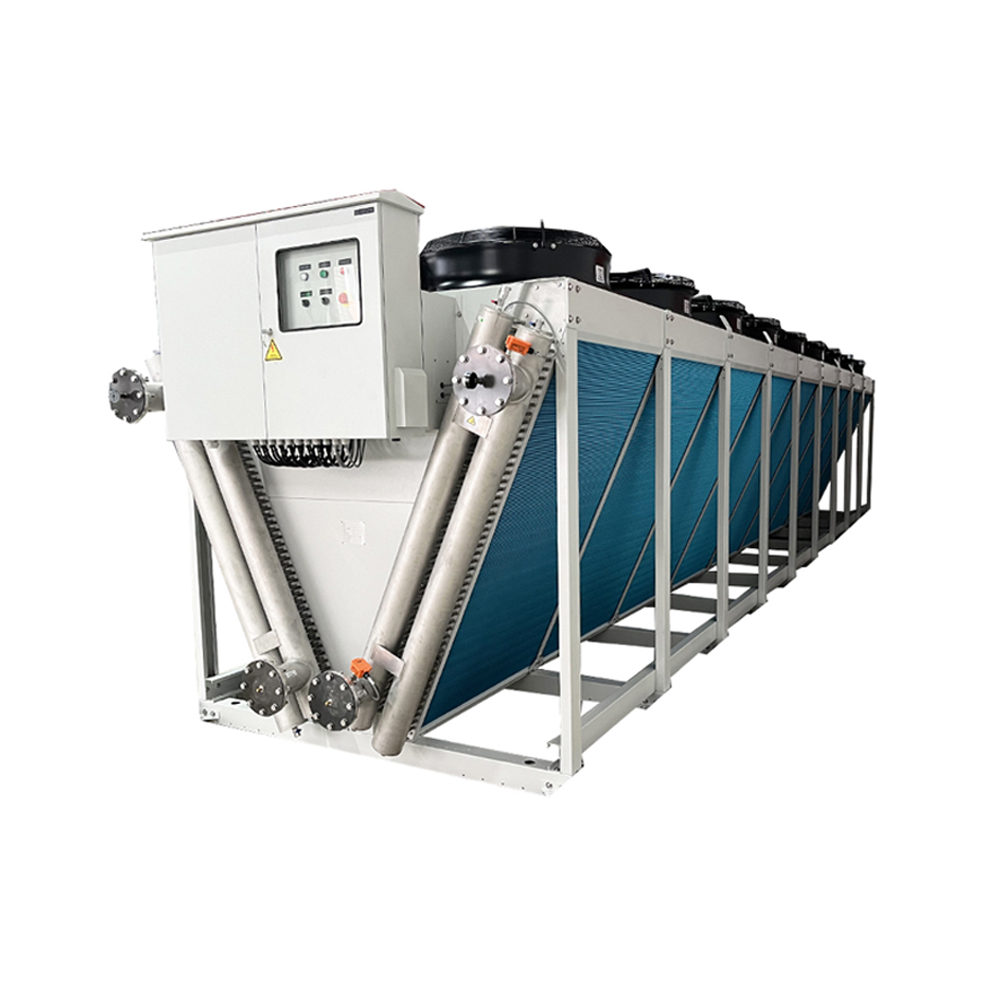
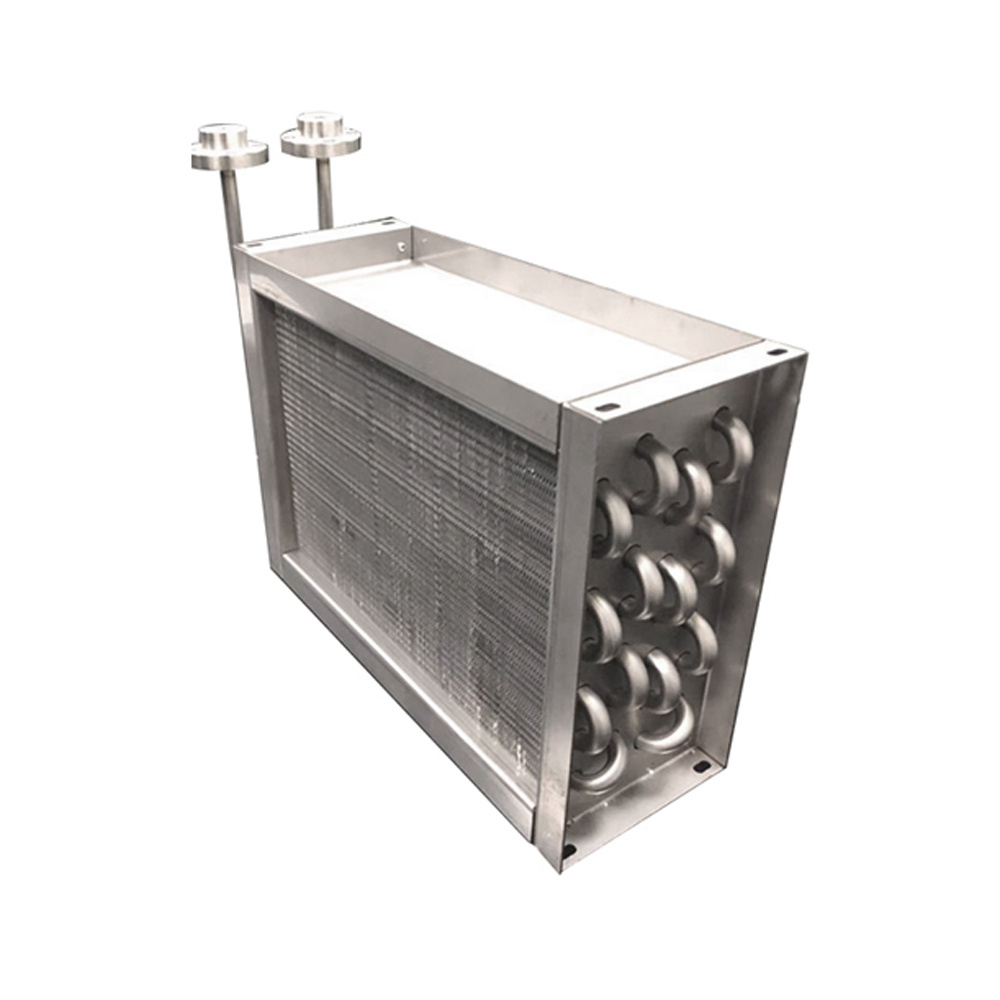
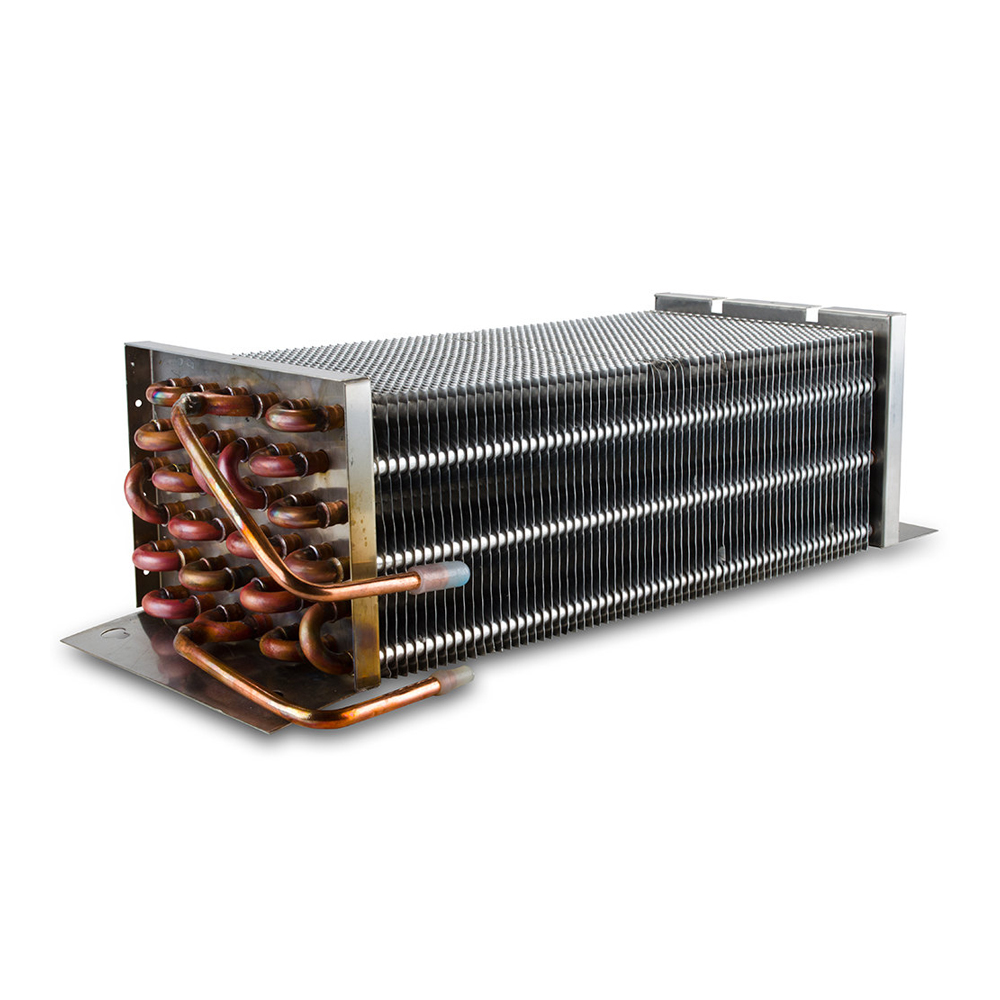
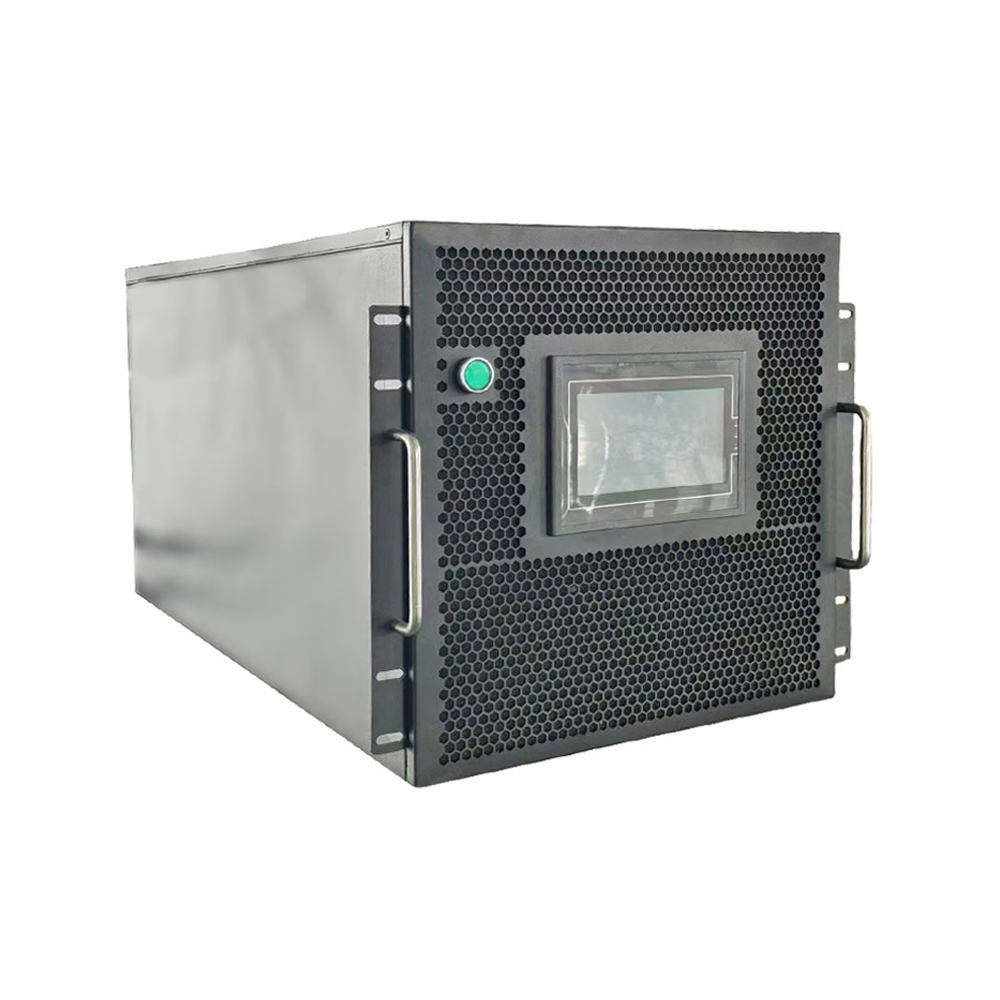
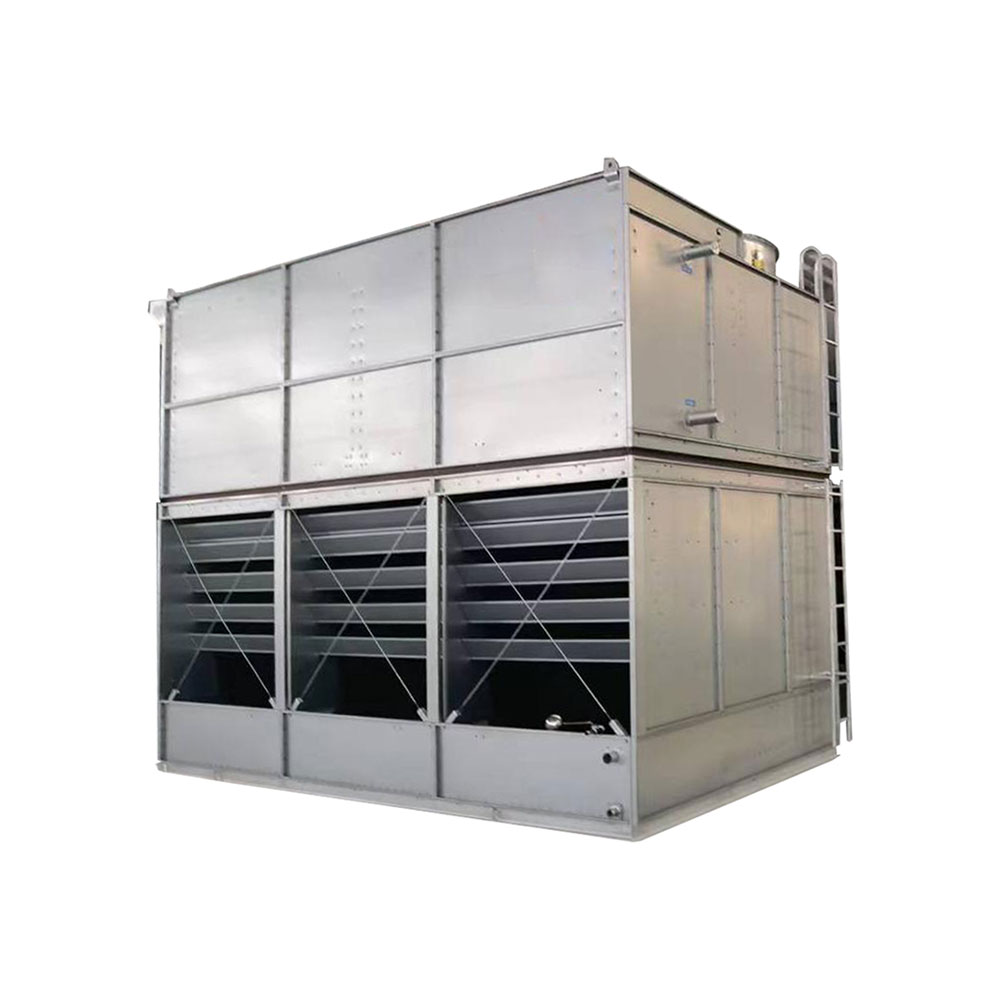
.jpg)
